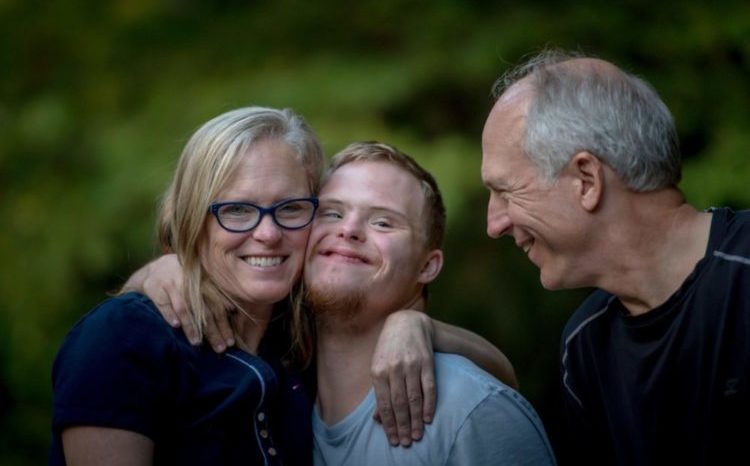There has been much written about mission and we frequently hear the term used within our ministries and in society more generally. Ultimately, when we talk about mission– we are talking about God’s mission – it transcends place and time – it is not owned by any one group or religious tradition – God’s eternal call to justice, compassion and right relationships has always existed and to use Noel Connolly’s words, mission is our participation as individuals, groups and ministries in God’s existence in the world (www.catholicaustralia.com.au).
Pope Francis in his encyclical Evangelii Gaudium (2013) urges us all to be more than ‘mere administrators’ instead to be ‘permanently in a state of mission’.
How do we know then what it means to participate in God’s existence in the world? How can we be in a permanent state of mission? Jesus gave us a ‘way’ – teachings, examples and ways of living that bring about the presence of God in our midst. His teachings emphasise right relationships with God, ourselves, others and the whole of creation and the actions which sustain these – love, compassion, forgiveness, peace, humility and mercy, to name but a few. The Gospels are filled with examples of how Jesus expressed God’s love and compassion: the story of the Good Shepherd searching for the one that was lost, the parable of the lost son whose father saw him afar and ran to meet him and welcome him home, the example of the Good Samaritan.
In addition, we have Jesus’ own words on his ministry call:
‘… God has anointed me to preach good news to the poor… to proclaim release to the captives and recovering sight to the blind, to set at liberty those who are oppressed …’.
Hence, the template for mission is clear and it is rooted in human behaviours and attitudes which bring life and freedom for everyone. To participate in mission, in God’s presence in the world is to live in love, gratitude, compassion and justice. To be in a permanent state of mission is to do this not as an add-on to our other life but as our very nature.

Mission is therefore outwardly focused, dynamic and relational. It is a work of partnership: with God, with our Church and with those with whom
we live and work. As Bevans reminds us – the Church does not so much have a mission, as the mission has a Church (Bevans. S. 2004. p.18).
Not only does the mission have a church, it has hospitals, schools, aged care facilities and social service providers. Each of these contributes in its own unique way to God’s presence in the world. And it is those of us who work in these ministries who are the God presence – mission is not achieved through buildings, logos, branding or any external structure. It is realised through actions small and large, kindnesses, treatment of others in ways that give life, redressing of injustices, caring for those who have no-one else, dealing with the daily hurts and vulnerabilities of human life.
Reflection
How does your ministry contribute to God’s mission?
How do you ensure that you are in a ‘permanent state of mission’?
